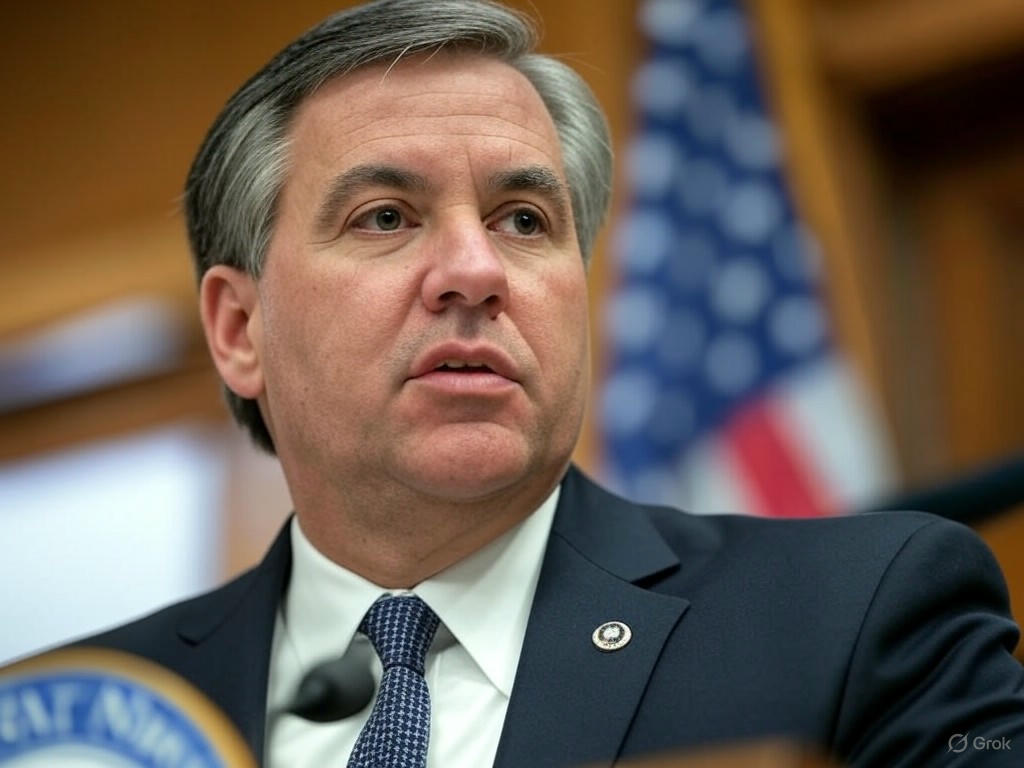Senate Republicans Push Back on Clean Energy Tax Credits in New Proposal
In a bold move that has reignited debates over the future of sustainable energy, Senate Republicans have unveiled a draft tax bill that takes a firm stance against certain clean energy incentives. This proposal, emerging as part of a broader multitrillion-dollar tax reform package, specifically targets tax credits for home energy efficiency upgrades and electric vehicle (EV) purchases. Unlike their counterparts in the House, who passed their version of the tax overhaul earlier this year with a different timeline for phasing out these credits, Senate Republicans are advocating for a more accelerated reduction of these benefits. This divergence highlights a growing rift within the party on how to balance fiscal responsibility with environmental priorities.
The core of the Senate’s draft focuses on hastening the expiration of tax incentives that have been pivotal in encouraging homeowners to adopt energy-saving technologies like solar panels and high-efficiency heating systems. Similarly, credits that have spurred the adoption of electric vehicles—a key component in reducing carbon emissions—are slated for a quicker rollback. Proponents of the Senate plan argue that these measures are necessary to curb federal spending and prevent what they describe as market distortions caused by prolonged subsidies. They contend that the clean energy sector has matured enough to stand on its own without continuous government support, pointing to the increasing affordability of green technologies as evidence of industry resilience.
However, critics of the proposal warn that slashing these incentives prematurely could stall the momentum of the clean energy movement at a critical juncture. Environmental advocates and industry leaders alike have expressed concern that a rapid phase-out could discourage consumer investment in sustainable solutions, potentially undermining national goals for reducing greenhouse gas emissions. Small businesses in the renewable energy sector, which have relied on these credits to drive demand, may also face significant challenges if the Senate’s vision becomes law. Furthermore, the discrepancy between the House and Senate approaches raises questions about the final shape of the tax bill, as reconciliation between the two chambers looms on the horizon. The debate is expected to intensify as stakeholders from various sectors weigh in, with clean energy advocates mobilizing to protect the incentives they view as essential for a greener future.
As this legislative battle unfolds, the implications extend far beyond Capitol Hill. The outcome of this tax reform could set the tone for America’s commitment to combating climate change and transitioning to a low-carbon economy. For now, all eyes are on the Senate as it navigates internal party dynamics and external pressures in shaping a policy that could redefine the trajectory of clean energy adoption. Whether this draft bill represents a pragmatic fiscal adjustment or a setback for environmental progress remains to be seen, but its impact on businesses, consumers, and the planet will undoubtedly be profound.


